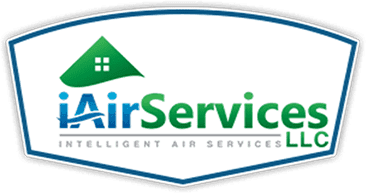How to Make Your Home More Energy Efficient
Fall has arrived here in Austin TX, and winter won’t be far behind. Now is the time to take a long hard look at your home’s energy efficiency. You can make upgrades and improvements to your home this season that can improve its overall efficiency a great deal. Over time, the saved costs in monthly heating and cooling bills can readily offset the cost of the upgrade in question. What kind of upgrades are we talking about? Here’s a brief list to give you some ideas.
INSULATION
Most people think of insulation as strictly a winter affair, and since our winters are fairly mild here in Austin, a number of households have comparatively little insulation. But in addition to keeping warm air out in the winter, it also keeps cool air in the summer, and the more insulation you have, the better your home can retain the cool air that your AC system worked so hard to deliver. If you don’t have much insulation in your walls or attic, consider having more installed.
ZONE CONTROL SYSTEMS
Innovative zone control systems are installed in your heating and air conditioning systems. They’re basically a series of valves and dampers attached to individual thermostats and controls. They allow you to adjust the temperature in each room of your house separately and turn off the heat or air in parts of the home you aren’t using: helping you save big money by reducing the strain on your heating and air conditioning system.
DUCT SEALING
When the ducts in your home become damaged or breached, it can result in a loss of energy efficiency to your system. Unconditioned air with either get pulled into your system, or conditioned air will get sucked out. Duct repair and sealing services will take care of such issues, and ensure that you’re not losing money to hidden breaches.
Call Intelligent Air Services to help make your home more energy-efficient.
